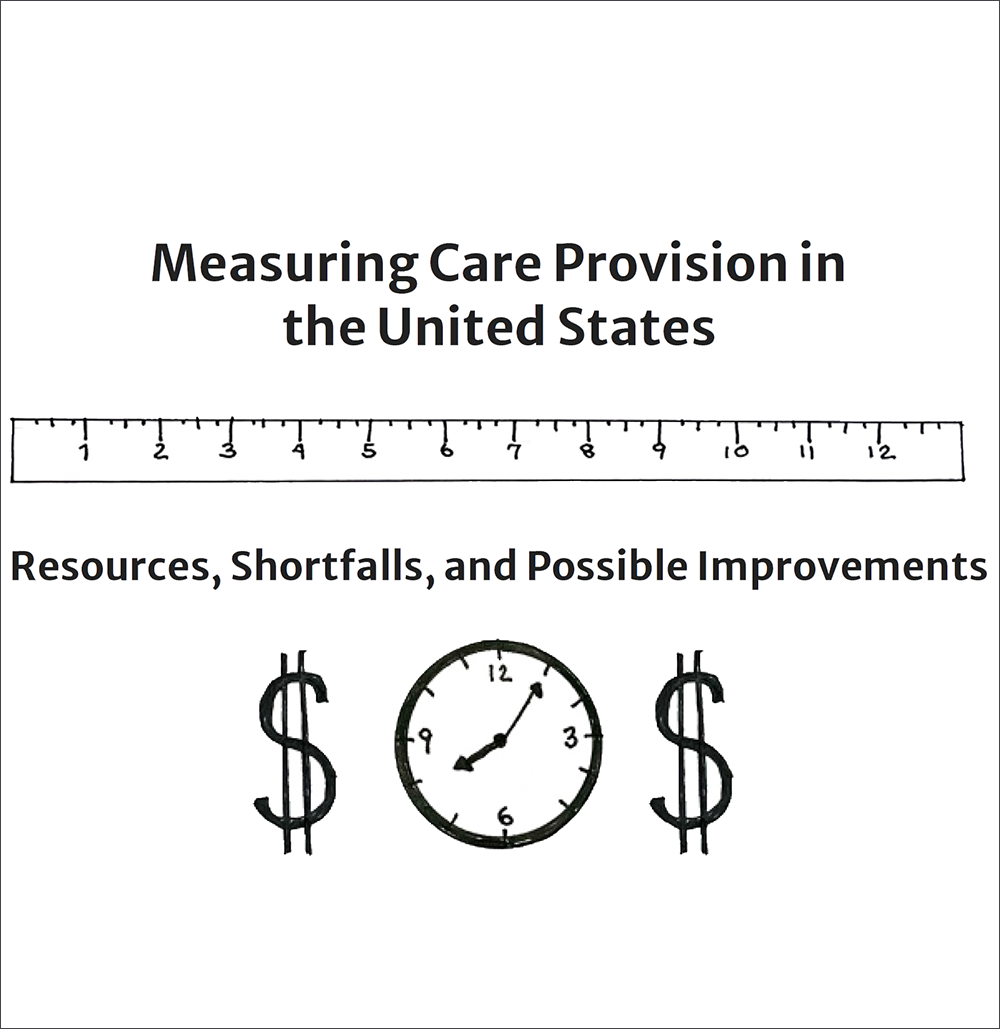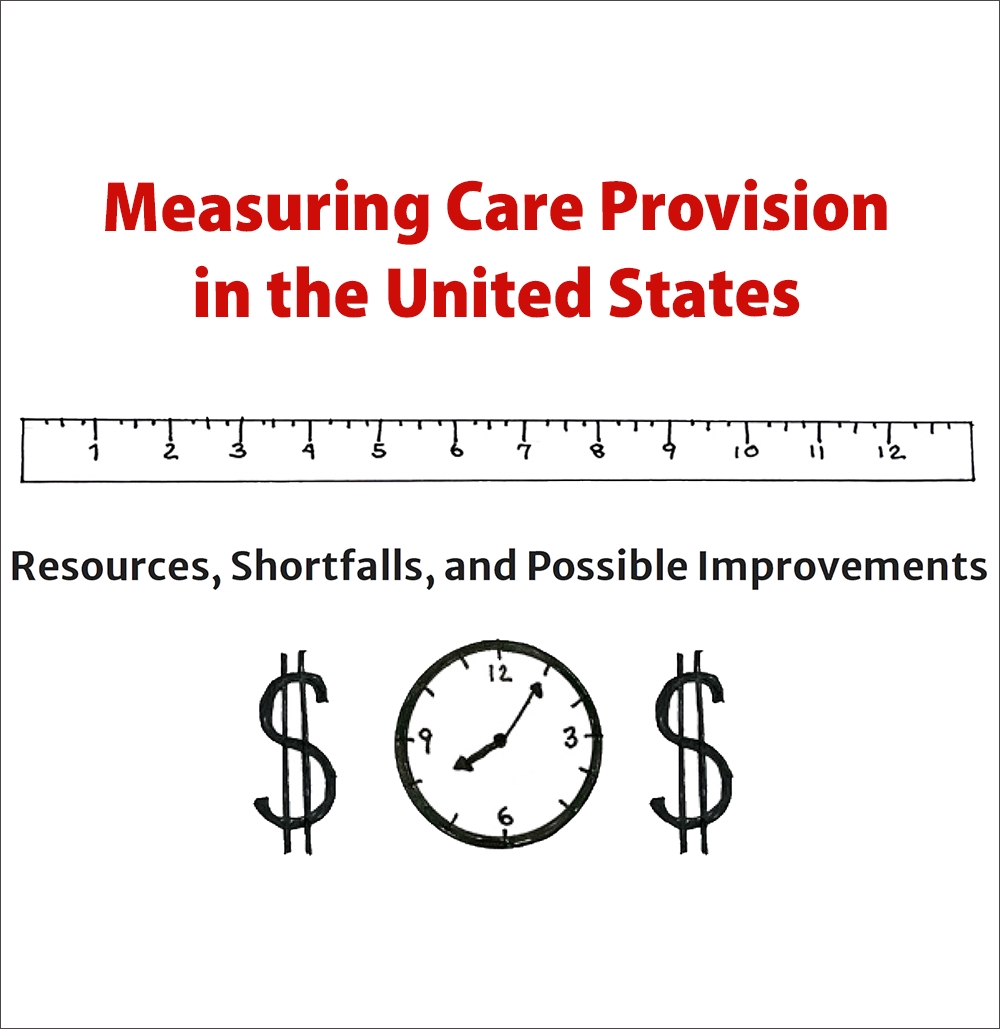This Working Paper is jointly published with the Center for Economic Policy Research (CEPR).
 Executive Summary
Executive Summary
The COVID-19 pandemic has challenged conventional thinking, dramatizing the essential contributions that “care infrastructure” can make to economic well-being. Unfortunately, available data to study care provision in the United States are limited and fragmented, making policy analysis difficult. This working paper takes a step toward addressing this problem. It provides an overview of empirical research, identifies strengths, weaknesses, and gaps in existing data resources, and considers possible improvements and synergies.
We define care provision broadly as time and money devoted to the production, development, and maintenance of human capabilities, encompassing paid and unpaid work, market exchange, intra- and inter-household transfers, and public expenditures and services. As we understand it, caregiving includes unpaid care, typically provided by family members and friends, and a wide variety of paid care provided by nurses, doctors, teachers, childcare workers, home health aides, personal care aides, and others. We focus on caregiving to children and adults with care needs related to age, illness, or self-care difficulties, while also recognizing that care is a universal need.
Care provision is indispensable and universal. Nevertheless, despite its importance, researchers have given insufficient attention to analyzing the level and distribution of resources dedicated to care beneficiaries—more broadly, the costs of producing, developing, and maintaining human capabilities. Questions we know relatively little about include: How does public support for care provision compare to private expenditures of time and money? How are the economic benefits of capabilities developed by care inputs distributed?
Shortfalls in the data available for analysis of care provision are both cause and consequence of a tendency to view care simply as a voluntary expression of concern for others. This working paper looks beyond individual decisions to analyze care provision’s social and economic organization, focusing on equity, efficiency, and unmet need. While writing it, we reviewed recent empirical research, inventoried relevant data sets, and consulted with social scientists.
Understanding care provision requires a holistic approach with attention to care needs and responsibilities, transfers of time and money to meet care needs, access to services and supports, care service quality, and paid and unpaid caregivers’ well-being. Existing data sources typically focus on one specific site of care provision or one form of care, making it challenging to see interconnections important to the bigger picture. Overall, the current data infrastructure makes it very difficult, if not impossible, to answer fundamental questions about the size of the care sector, the distribution of the costs and benefits of care provision, or the extent of unmet care needs.



